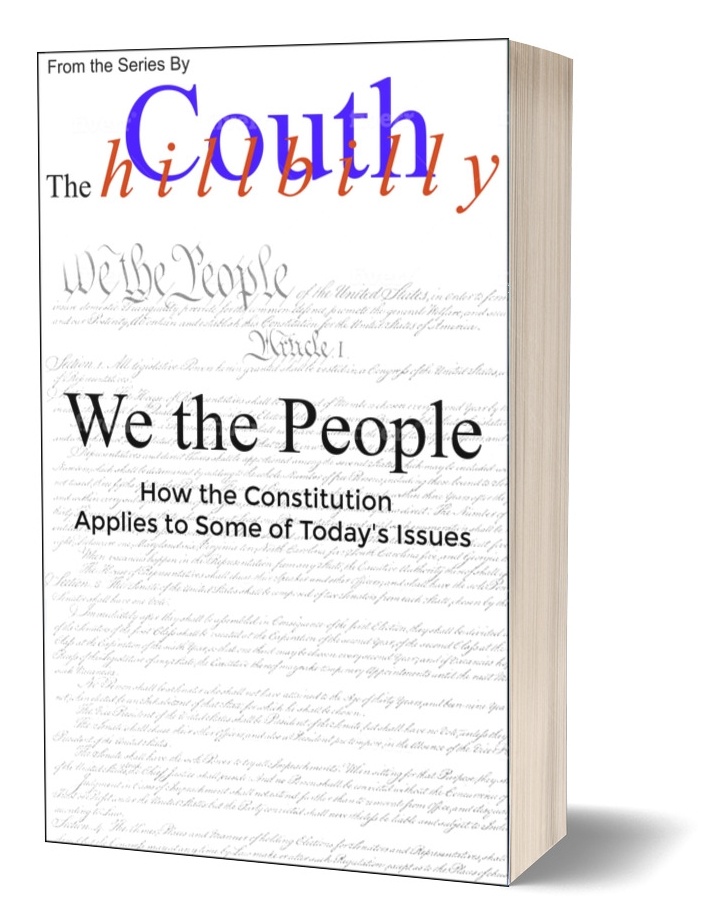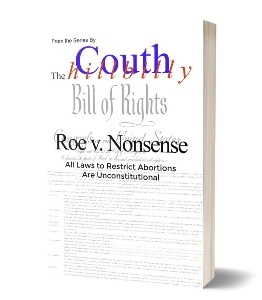
King John is one of my ancestors. Yeah, I know. That’s nothing to brag about. All of those stories of Robin Hood are fictitious but Johnny deserves his reputation as possibly the worst king in the history of England. Is it just coincidence that he is the lead-in to an article about the worst president in the history of the United States?
Just what has one incompetent to do with the other? The picture portrays King John signing the Magna Carta. Many historians, and others, consider this the most important document in the history of both the United Kingdom and the United States. It was used as a major justification for the creation of this country and our Constitution.
The Magna Carta’s primary point was that even the king was not above the law. King George, as others periodically, considered the Magna Carta an unnecessary intrusion upon their perception of their prerogatives. They were/are so impressed by their title that they consider themselves to be above the law. It just ain’t so.
We all give lip service to the bromide that no one is above the law. If we (almost) all believe that to be the case, then why am I wasting time writing this article? Because an old memo of the Department of Justice’s Office of Professional Responsibility claims that a sitting president cannot be indicted. Really?
Back in 1973, in the midst of the Watergate Hearings, the Attorney General, nominated by Richard Nixon, had his Office of Professional Responsibility draw up a memo that would protect their boss. The memo made a feeble attempt to base its position on the Constitution but quickly changed, basing it on pragmatic considerations. It would interfere with the president carrying out his official duties. My guess is that the memo writer didn’t think that impeachment would interfere with the presidential duties. Given that impeachment is right there in the Constitution, I take it that the Founding Fathers didn’t consider such interference too onerous.
If this memo is used to bar any indictment, then, if Trump were reelected, the statute of limitations would mean he could never be indicted. That would essentially be putting the president beyond the law and therefor above the law.
Every state also has a statute of limitations for either all or most all crimes. However, if a person leaves the jurisdiction of the state, the statute of limitations restarts when that person returns. Going by the memo, if the federal government had the same limitations, that the criminal was not protected by the statute if they left the jurisdiction of the federal government, he should be indictable regardless of how long he remained in office. And, it would restart every time he returned from an overseas trip. That would insure that he was not above the law. I don’t think the federal code has that feature but it should be enacted as soon as the Senate changes hands.
But, the crucial point is that some Nixon appointee that you can’t recall never had the right to dismiss the Constitution. It was obvious, to everyone other than the hacks on the Supreme Court that it was not the intent of the Founders to exempt the president from the law.
Impeachment is the political method that the Constitution provides. It was intended for other than criminal matters. Bill Clinton’s consensual sex with an intern was not an indictable, criminal offense. As noted numerous times by many people familiar with the Constitution, because it is a political act carried out by politicians, a president can be impeached for any reason. It need not be a crime. If that is the primary purpose of impeachment, the courts are the appropriate venue for crimes. Though there are many lawyers in Congress, most members are not lawyers and therefor not particularly qualified to act as judge. We have a sufficient number of lawyers already on our payroll.
It couldn’t happen to a more deserving guy.
 .
.
.



